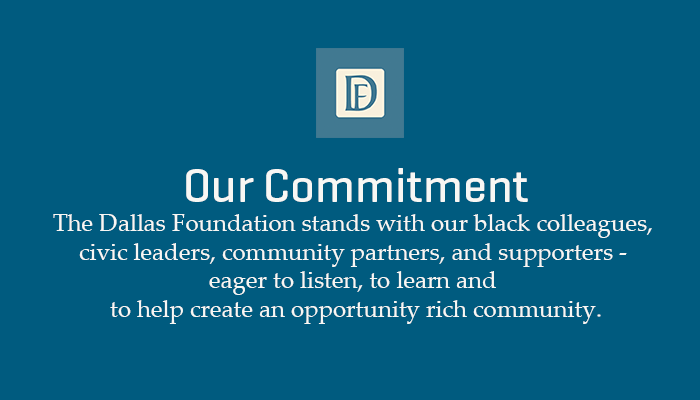For twenty years the philanthropic sector has increasingly focused its giving on big strategic initiatives – population level outcomes, systems change, influencing policy, etc. The underlying thinking is valid: we have limited resources to give so let’s focus on the levers we want to pull and outcomes we want to enable. Foundation leadership, boards, associations, and philanthropy support organizations all jumped on the bandwagon and our nonprofit partners came along, willingly or begrudgingly. And, just like that, impact-oriented philanthropy was ubiquitous.
Along the way, however, we began starving nonprofits of the flexible resources they need in favor of funding our outcomes. Milestones became millstones as nonprofits tried to meet our priorities and often-unfunded mandates. All the while, foundations nickel and dimed grantees on overhead expenses while insisting they have 90-day cash reserves. Most nonprofit leaders will tell you that the cognitive dissonance is exhausting, at best. Yet, little has changed and the dynamic between grantor and grantee remains the same: s/he who holds the purse strings…
During these perilous times, our nonprofit partners don’t have the flexible resources they need to fulfill their daily mission let alone respond to a global pandemic that has left 1 of every 7 American workers without a job. Nonetheless, they are stepping up to serve our city’s most vulnerable populations: the elderly, the undocumented, low-income children, and recently displaced workers to name a few. In recent conversations with two nonprofit CEO’s, both admitted their COVID response provides no working capital for their organization – it’s all passed through for programmatic use at the expense of longer-tern sustainability.
Foundation leaders and boards must remember that being a non-profit is an IRS designation, not a business model. And, it’s a moral imperative to balance strategy with responsiveness not only in times of crisis but as an operating norm. It’s great to focus our grantmaking on programmatic priorities like health, early learning, or racial equity. But we must trust our grantees as responsible partners. We must fund their full suite of needs including the professional development and self-care of their teams. We must give them the tools and resources that are at our fingertips. It’s only then that we’ll unlock the full potential of the nonprofit sector and our respective communities.



